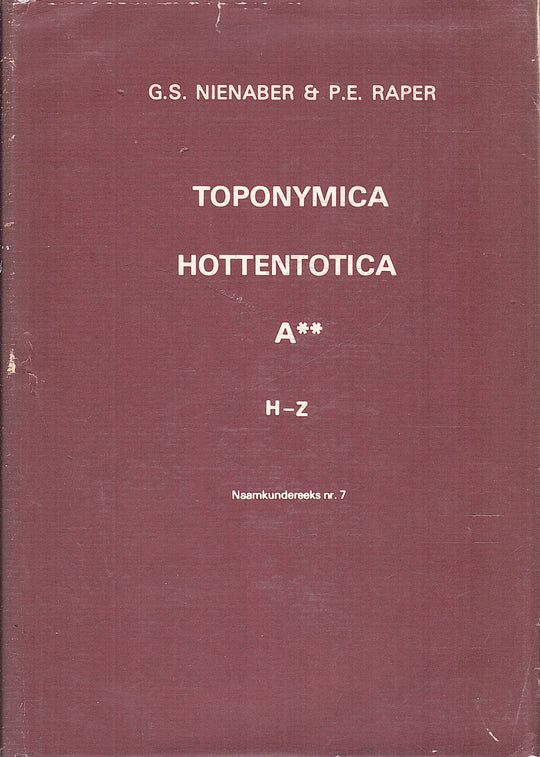Mumcumqua, Numcumqua, Numqua
In all cases, the t is a representation of the suction consonant. Pettman may seem to consider num- as an exchange of Namaǃ Hom-I: The N and H and often turn off in Old Cape (Hott 181, e.g. H-Ebba next to N-eBA = here, and 5 d 6), but mum- is apparently writing error for num-. How he reconciles the second part with his own return is not clear to us. We are so free to see it differently. Num- like Namaǃ Nu-B = 'der Nebel, Dampf, Dunst' (Kr.- R. 1969 NW 305), and (with -qua as MV. Manl.) Numqua = Clouds, D.I. '(Place of the) Clouds'. If the middle member -cum - then it is like Namaǃ Hom- = mountain, now with the dialectical change of H and K- of OUGRAPS, so literally 'cloud mountains'ǃ Nu-Mǃ Hom- gu-a. All that is still scratching is the -m of nu-m. Compare Gordon's exchange form at Hommoequa.




